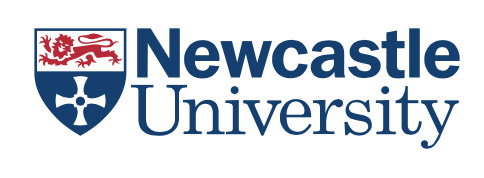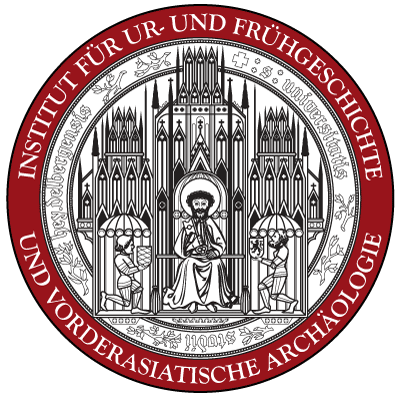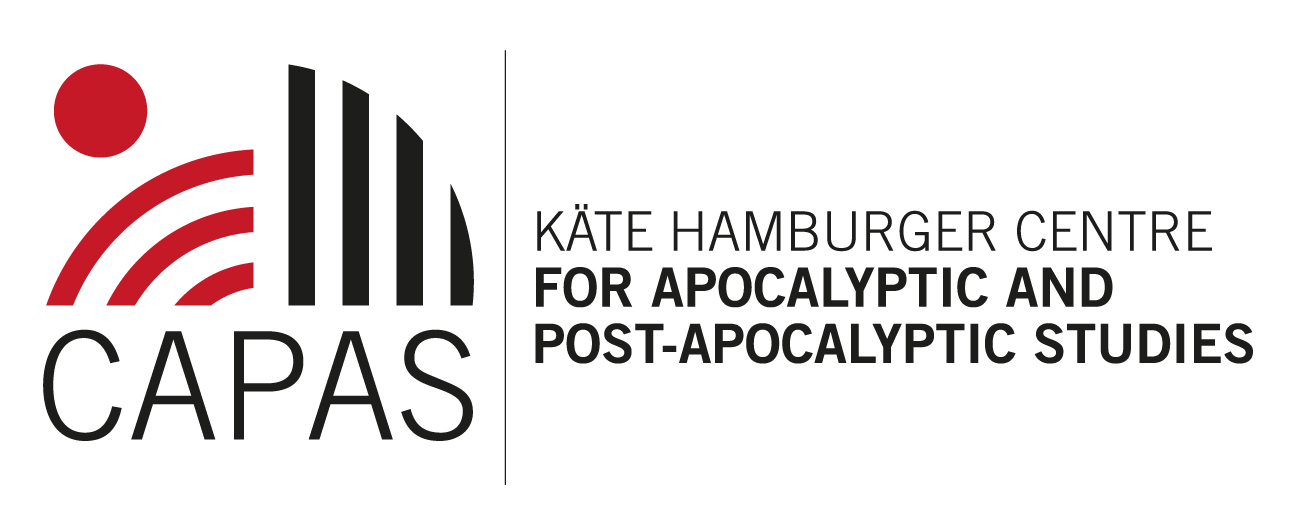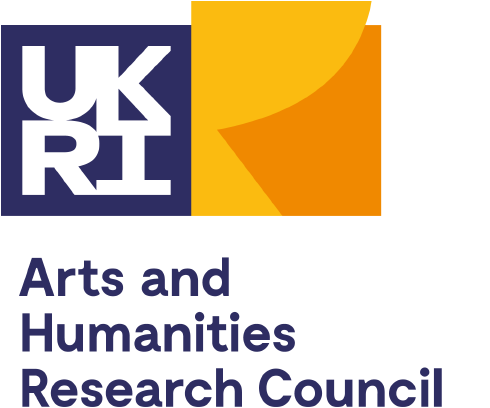Objectives
We use the concept of ‘landscape’ as an analytical tool to help us understand how people and societies respond to changing spatial circumstances. In the theoretical framework of place, space, landscape and identity this project researches the consequences and aftermath of abrupt moments when the connection between landscape and social identity is broken. We will work in a deeper time perspective than has hitherto been researched to offer building blocks for an archaeology of destruction, disruption and re-habitation.
We will examine the impact of sudden change in terms of two effects:
Devastation refers to the material and/or mental results of rapid, almost instantaneous landscape destruction, including through the scattering of mental landscapes as well as physical destruction; thus, the far-reaching and fundamental destruction of many if not all critical elements in a place/landscape. The shock of abrupt devastation requires conscious and often immediate decisions on re-building and/or re-structuration and of re-habitation and re-appropriation. We argue that coping with devastated landscapes, can be framed by two analytical continua of 'resilience – vulnerability' and 'tradition – innovation'.
Dislocation in our understanding is the forced movement on a large scale of whole or great parts of populations. During the resulting diaspora, existing mental landscapes are carried in memory to new places and combined, or melded, with other physical landscapes, whilst the left-behind landscapes are occupied by new, probably quite different societies and communities. Dislocation therefore destroys the links between people and their sense of place. In terms of memory and imagination, however, it is possible to retain an intense, sometimes traumatic, and possibly deliberately selective, connection to former places and landscapes.






